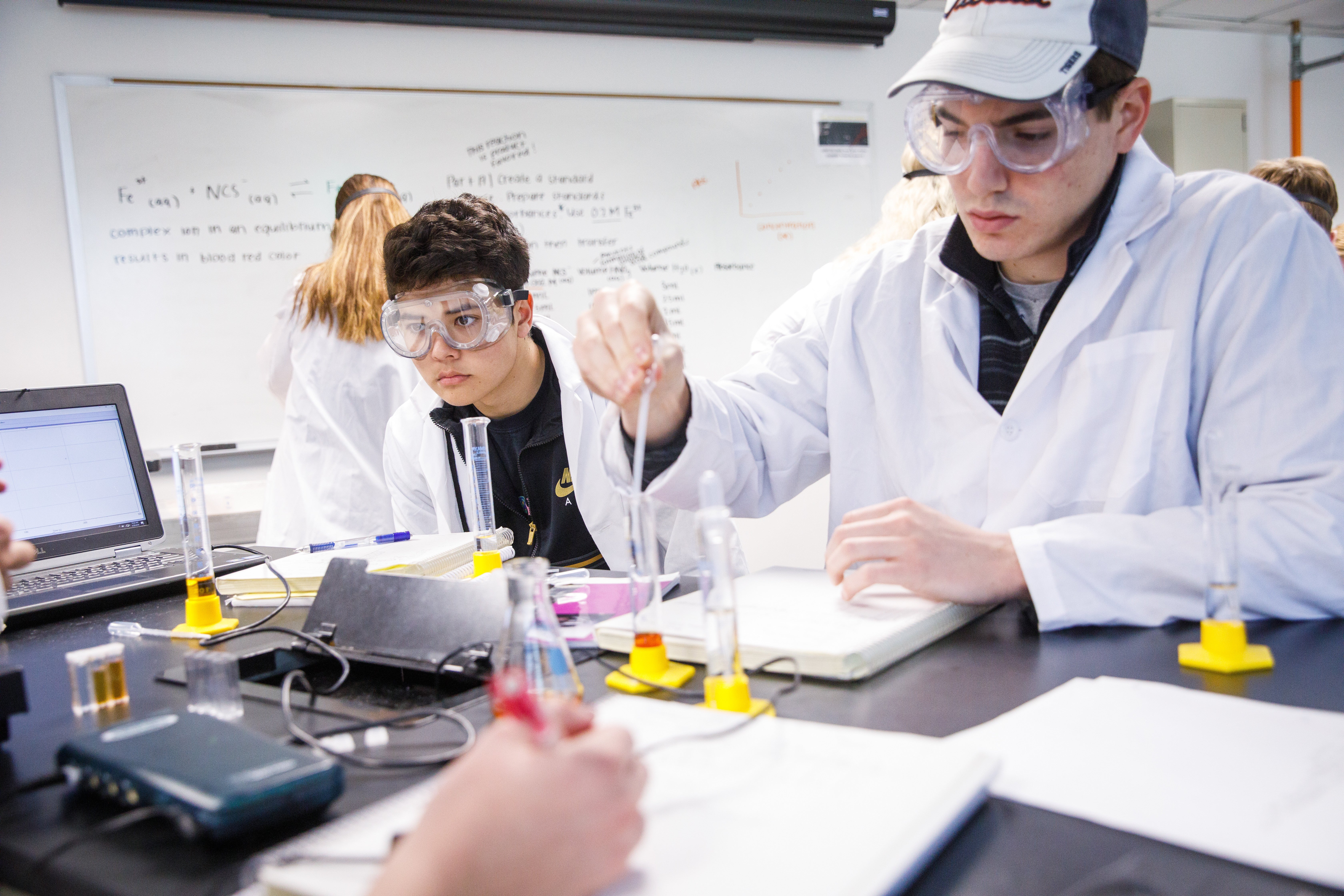We offer genetic testing services for humans, non-human primates, and canines.We can validate forensic kits that incorporate DNA extraction, amplification, and/or downstream genetic analysis. We measure the performance of the kit at each stage, and can provide a detailed report of results.
Human Identification, Family, and Ancestry Analysis
Using the expanded CODIS markers, we offer human identification testing (matching a known human sample to another human sample), family testing (paternity/maternity testing, relatedness analysis) , and limited ancestry analysis using the major United states populations as references. These analyses can be customized to the client's needs.
Genetic Testing for Macaques
1. ABO BloodPhenotyping (Dual-Target qPCR assay)
Knowledge of the ABO blood type is used formetabolism studies and stem cell research as well as for recipient matching in bloodtransfusion and tissue/organ transplantation studies.
2. RegionalOrigin and Ancestry (48 SNP genotyping assay)
Animals of different ancestry andgeographic regions can have genetic differences. These differences can causevarying responses to experimental factors and can confound study results. Thistest determines the geographic origin of rhesus and cynomolgus macaques.
3. Hybridization (48 SNP genotyping assay)
Admixed ancestry can occur if animals are derived from hybrid zones. For example, rhesus (Macaca mulatta) and cynomolgus macaques (M. fascicularis) originating from Indochina may exhibitvarying degrees of rhesus and cynomolgus heritage because of hybridization betweenthese species. There is also inadvertent interspecific breeding of animals in captivity. Being of intermediate composition, admixed animals may respond very differently to experimentation. Our test estimates the percentage of genome that is attributableto each species.
4. Chinese/Indian Rhesus Testing (96 SNP genotyping assay)
As there is a great degree of differentiation between Chinese and Indian rhesus macaques, this test can report the ancestry proportion of each in rhesus macaques.
5. Pigtail Genetic Testing (96 SNP genotyping assay)
We can infer the population structure of pigtail macaques for colony management.
Please send samples (with ice packs or dry ice) overnight to:
South FAB 301 A
c/o Sree Kanthaswamy, PhD
Arizona State University West
4701 W Thunderbird Road
Glendale, AZ 85306-4908, USA
(602) 543-3405
